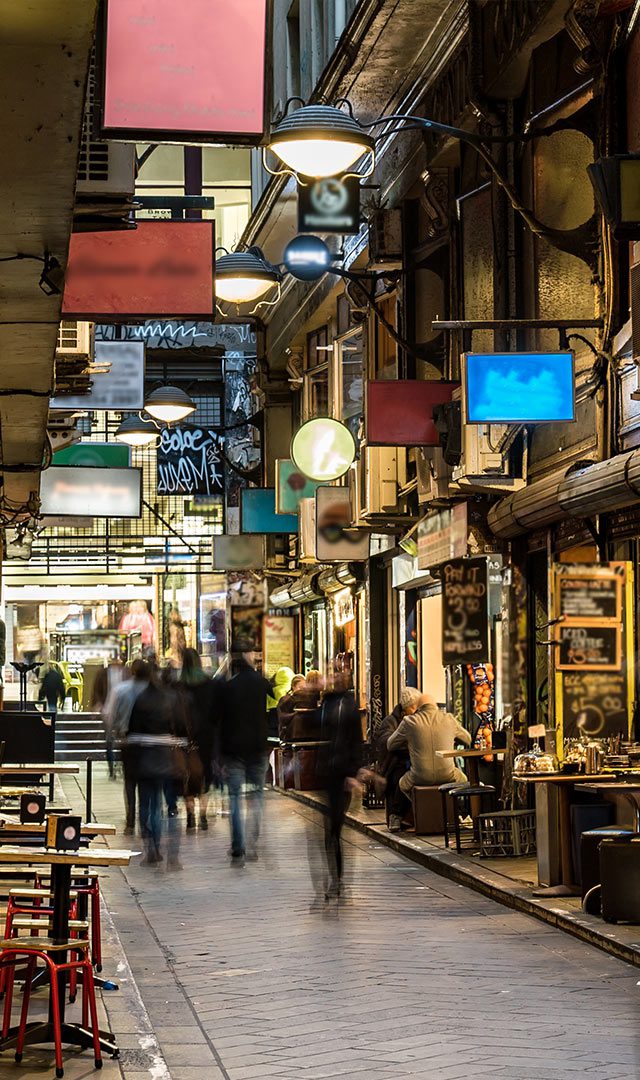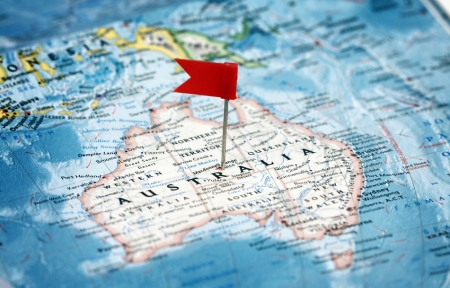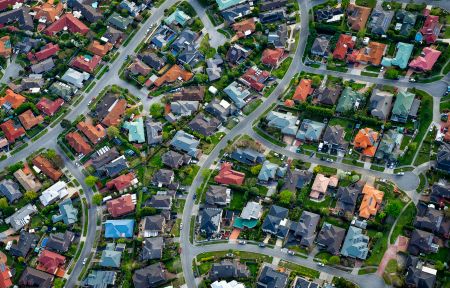5 November 2020
Notwithstanding the recent easing in restrictions, Melbourne’s CBD retail industry has been significantly impacted by the State Government’s lockdown restrictions associated with the COVID-19 pandemic. The CBD has literally become a “ghost town” with office workers, students and tourists of every category not seen in the City since late March 2020.
Many businesses have had to temporarily close, and for those that remain open, business revenue has been decimated as a result of the significantly reduced foot traffic. The consequence of which means that long term and new retail businesses face an overwhelming and challenging environment that will affect their ability to meet their lease obligations.
Through the lockdown, there has been minimal new lease activity in the CBD, although a number of new agreements have nonetheless still been struck. Notably, leasing evidence since the onset of the COVID-19 lockdown indicates that the negotiated terms and conditions for new retail lease agreements have progressively evolved as the lockdown steadily became more severe and prolonged.
In particular, leases have had to become more flexible to accommodate the more uncertain environment. Examples of terms that Charter have witnessed in recently negotiated leases include the following:
- Floating commencement dates and extended initial rent free periods;
- Early break clauses;
- Setting certain rent relief terms should further government restrictions to operations be implemented;
- The first year of the initial term being calculated on a percentage turnover basis subject to various thresholds, then reverting back to a base rent from the second year of the term;
- Shorter initial lease terms and more option periods to provide tenants more flexible tenure. This will provide tenants the total lease tenure to be prepared and able to adapt to any major shocks such as the current COVID-19 crisis.
In addition, there have been a range of discounts and incentives being provided by the landlord in order to meet the market. These have varied widely and appear to depend on the financial capacity of the building owner.
- Various private landlords will typically look for immediate cash flow and are more likely to reduce initial asking rentals to attract a tenant. Straight reductions of up to 30% on pre-COVID rents have been reported with little change to the type of incentives that were previously being offered.
- Landlords of strong holdings appear to be both more willing to hold out for a higher rent and/or offer additional incentives (examples of up to circa 10% so far) in order to sustain a higher ‘face’ rent to try to preserve value. Incentives have included extended initial rent free periods and contributions to fit out.
Optimism amongst retail businesses should increase as a result of the easing of restrictions in Melbourne at the end of October 2020. However, uncertainty around the pace of the return of workers and shoppers to the Melbourne CBD means that the terms and structure of new retail leases in the Melbourne CBD are likely to continue to evolve until the retail sector finds itself on a firmer footing. Retail leases are similarly expected to continually adapt within Sydney and Brisbane CBDs, although lease terms and conditions may vary due to their different COVID-19 circumstances.
Until there is more clarity around the outlook for the retail sector, tenants are likely to continue to seek more flexibility to account for the potential of further disruptions that may impact businesses.



